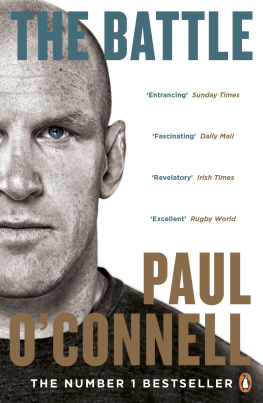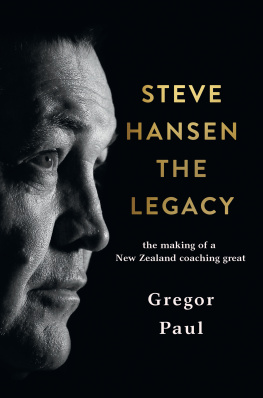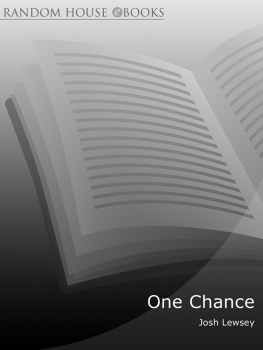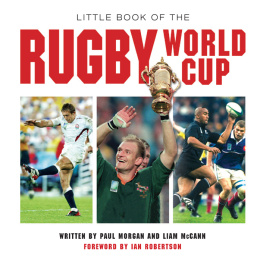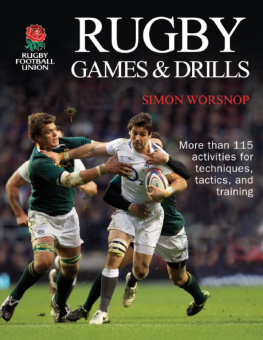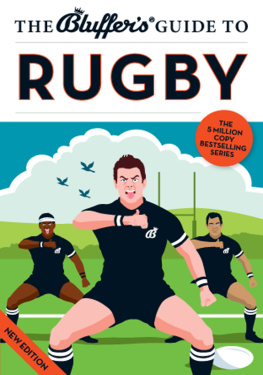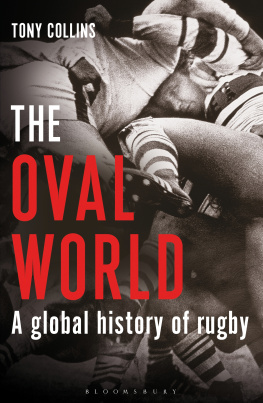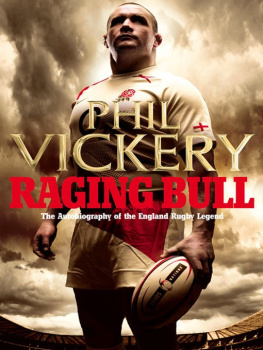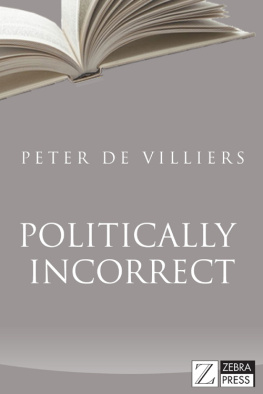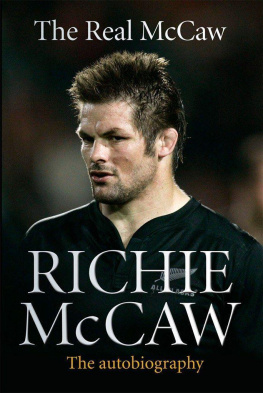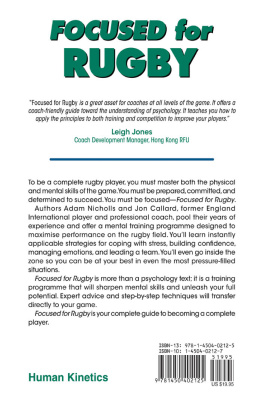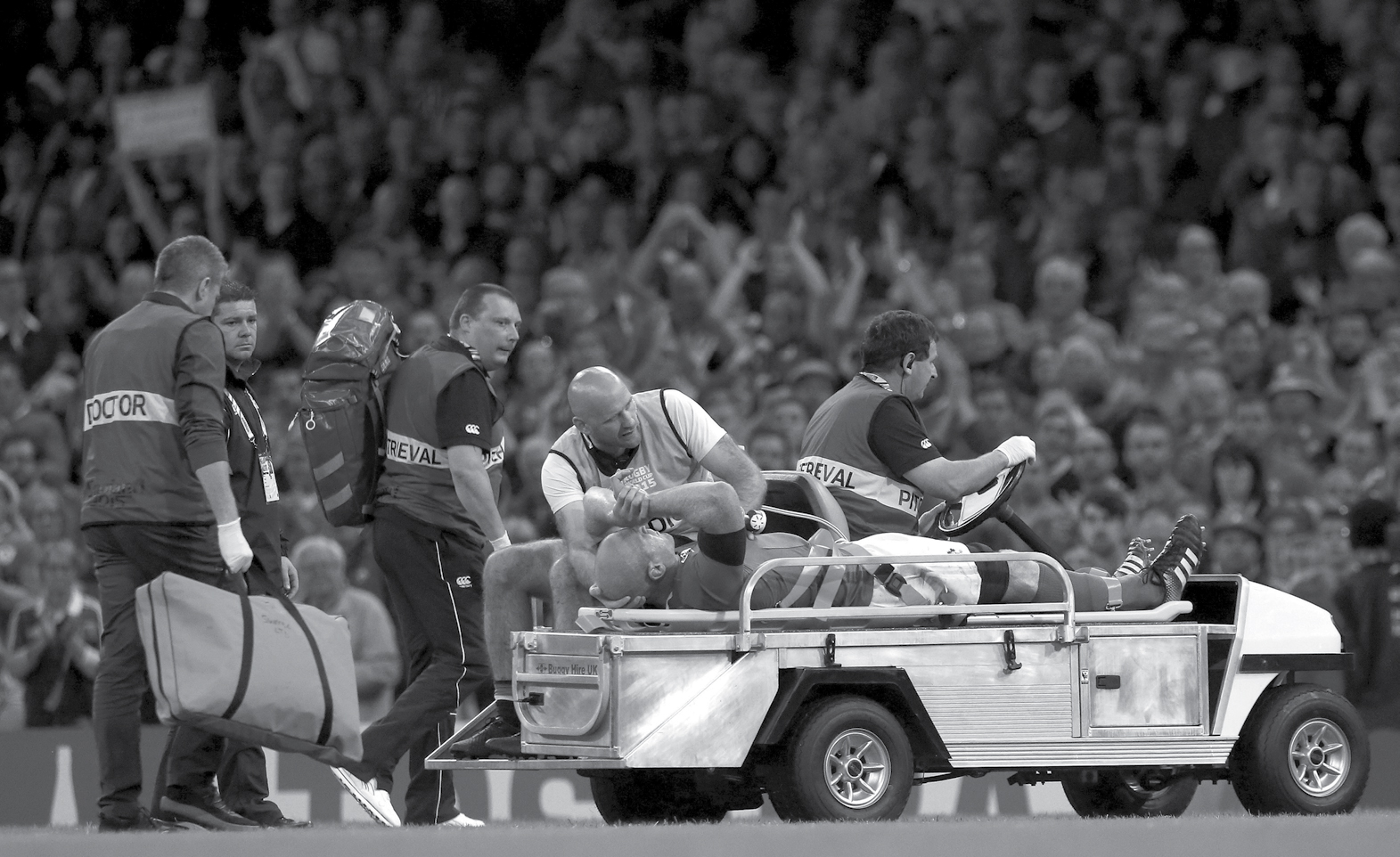Paul OConnell
THE BATTLE
with Alan English
PENGUIN IRELAND
UK | USA | Canada | Ireland | Australia
New Zealand | India | South Africa
Penguin Ireland is part of the Penguin Random House group of companies whose addresses can be found at global.penguinrandomhouse.com.
First published 2016
Copyright Paul OConnell, 2016
The moral right of the author has been asserted
Cover image Inpho / Billy Stickland
ISBN: 978-0-141-95631-2
To Emily, Paddy and Lola,
and my parents, Michael and Shelagh
Prologue
With twenty minutes to go in the Heineken Cup semi-final in 2006, Jerry Flannery came up to me. I was twenty-six years old, injury-free and in my prime. I dont recall what he said, though I know it will have finished with man. What I do remember is turning to him and saying:
Im so fit its unbelievable!
He walked away. He had no interest in listening to me praising myself.
For the rest of my career I never forgot how good Id felt that day, the physical shape I was in, and I was always chasing that feeling. That game was like a reference point for me, and occasionally I got myself back there, but it didnt happen as often as Id have liked.
In my thirties, when the injury toll mounted, I kept asking myself, When is the moment going to happen when all this extra training that Im doing pays off? Am I ever going to feel amazing on the pitch again?
And then, in the middle of my fourth World Cup, I started thinking that maybe Id finally won it the battle that Id been fighting for so long.
It was a mental battle as well as a physical one. It was always about trying to get the best out of myself, and my team. I found it tough, at times, but the challenges rugby threw at me were a big part of why I loved it.
Most of the success I had with Munster came in the first half of my career, when things seemed easier, but there was just as much satisfaction in the years when we werent as strong and had to dig a lot deeper. What mattered was that we were trying as hard as we could to be our best.
During those latter years I suffered more than my share of injuries and they brought me some low moments, but I was able to see them as just another part of the battle. I was almost thirty-six when the 2015 World Cup came around, and I thought I was going to defy my age and the state my body was in after fourteen seasons as a professional. It even felt like I was going to defy my own mind, in a way, because there were times when I didnt think I could get there, no matter how hard I tried.
Nine months before that World Cup, I had felt like retiring. It was a thought I tried to chase away almost as quickly as it came into my head, but it wasnt the first time Id had to overcome it. Munster had lost to Saracens in the Champions Cup, and we were poor, really poor. I was the player with all the international caps and the Lions tours. More than anyone, I needed to turn up and I didnt.
On the plane home from London, Peter OMahony was asleep alongside me in the emergency exit row. I was trying to read my book, but the match kept flashing into my mind. I was putting the book down and leaning my head up against the seat in front. There was a sticker on the back of it advice for an emergency landing. Ill never look at one of those stickers again without thinking of that journey home.
I just cant get there. Im doing everything, but I just cant get back there.
Imagine if I play like that in the Six Nations!
Could I pull out of the tournament?
I cant pull out of the Six Nations it would cause consternation!
I should have retired after the Lions tour.
Could I retire now?
I cant retire. People would think theres something wrong with me.
But how can I captain Ireland in this form?
Maybe I could get out of the captaincy. I could focus on my own job and row in behind whoever gets it.
No, I cant give up the captaincy now the first game is three weeks away.
I could play the Six Nations, win it and then retire in May.
I could say the World Cup is a bridge too far with my injury profile, people would understand.
I cant wait to spend the day with Emily and the kids tomorrow.
Where are Munster going?
Crazy internal conversations like that were nothing new for me after a loss. The longing to retire was something that hit me from time to time. But even in my demoralized state, I knew that quitting rugby, or even just giving up the Ireland captaincy, wasnt an option. It wasnt something I was ever going to do.
You know youre not gonna do this so stop talking shit and go back to your book.
It took three or four days, but I got over the disappointment. I told myself I just needed a run of games. And then things started to turn.
Ireland won the Six Nations. I captained the team, played all the games and did well. Over the summer, in the World Cup training camp, I stayed injury-free and took part in every session.
On Saturdays, back in Limerick, I went training with Flannery. It was just the two of us, competing hard against each other on rowing machines and treadmills, and on the pitch. He was more than three years retired by then but still very fit. Taking him on, doing those extras, made me feel like I was doing what was required to get to where I wanted to be. The killer was that I never beat him once. He was ten kilos lighter than his playing weight, which was light at the best of times, but he was so fit he was a benchmark for me: to be where I wanted to be, I needed to be beating him. And I couldnt.
My big thing all year was that I wanted to arrive at the World Cup in the best shape of my life. That was first prize. If I couldnt manage that, second prize was getting there in the best shape I could be in, given all the injuries Id had. I ended up with second prize, but I was OK with that. I came to terms with it, because I knew my fitness would be there when I needed it.
In my hotel room at the Hilton in Cardiff, on the night before we played France in the last game of the World Cup group stage, I allowed myself to think it was all going to come together for me: all the mental torture Id put myself through, all the arguments, the discipline, the eating well, the early nights and the endless analysis.
Id spoken to the players earlier about what was coming. Technically, we were miles ahead of anywhere wed been before during my time playing international rugby, but I asked the question: from an emotion and passion point of view, where would we rank among the Irish teams that came before us?
I dont think wed rank highly at the moment, I said. We need to combine the two.
Our character needed to be on show for everyone to see including the French players. I wanted my family to say to me, when it was over: You seemed to be in the zone. You looked like you were in a different place.
Getting my mental preparation right was a big part of the journey Id been on for most of my career. Being able to get through that week without too much stress made me feel like I was finally on top of it. As a captain, its easier to focus on where the team needs to be when youre not full of anxiety yourself.

